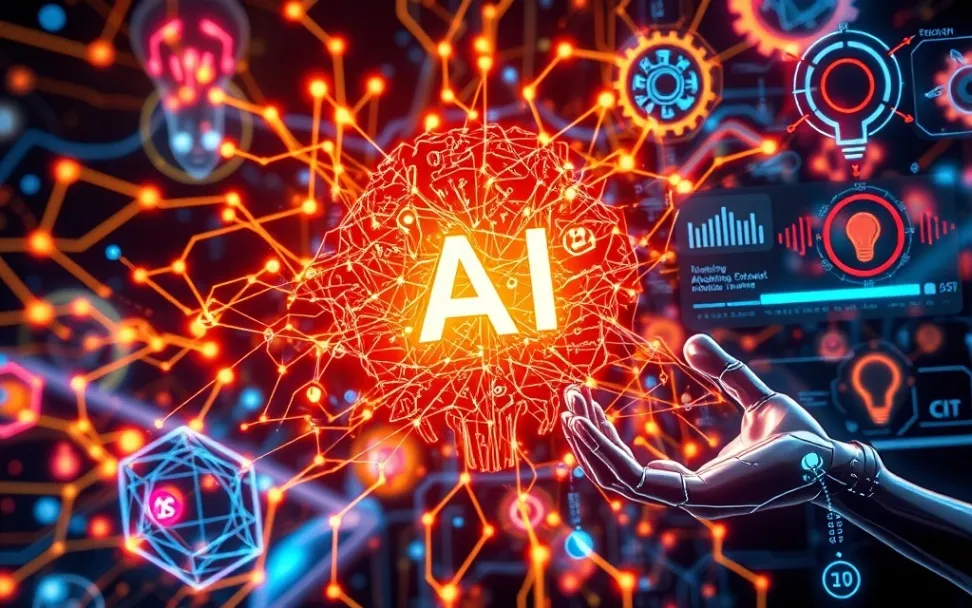
2024-12-26T04:00:00+00:00
Chatbots are revolutionizing digital communication, seamlessly integrating into platforms to enhance user experiences across various industries. From customer service to healthcare, these AI-driven programs are redefining how we interact with technology. Let's explore the world of chatbots, their mechanics, the technology that powers them, their myriad benefits, and what the future holds.
Chatbots are sophisticated software applications designed to mimic human conversation through text or voice. Embedded in websites, apps, and messaging platforms, they provide automated support and guidance. By simulating human dialogue, chatbots tackle tasks like answering FAQs and navigating complex procedures.
At the heart of chatbot technology lies artificial intelligence (AI), enabling these programs to comprehend and respond to human language. Utilizing natural language processing (NLP), chatbots deconstruct user input to identify intent and generate fitting responses. Machine learning further amplifies their abilities, allowing chatbots to evolve from interactions and enhance over time.
Chatbots generally fall into two categories: rule-based and self-learning. Rule-based chatbots follow predefined scripts, responding to specific keywords—ideal for straightforward tasks. Conversely, self-learning chatbots employ machine learning algorithms to tackle complex queries, adapting their replies based on user interactions.
The technology driving chatbots is ever-evolving, propelled by advancements in AI and machine learning. Today's chatbots range from simple FAQ systems to advanced AI tools like ChatGPT, offering personalized experiences by processing intricate data. Voice-enabled chatbots, such as those developed by OpenAI, broaden the horizon by facilitating speech interactions.
Integrating chatbots into industries offers a host of benefits:
The future of chatbots is bright, with the global market poised for growth. As AI technology advances, chatbots will become more sophisticated, enhancing customer experience and operational efficiency. The integration of voice cloning and generative AI will push boundaries, enabling chatbots to offer more human-like interactions.
Challenges remain, such as ensuring security, privacy, and effective training to meet user expectations. As these issues are addressed, chatbots will continue transforming industries, simplifying interactions, and optimizing workflows.
As we navigate a digital-first world, embracing the chatbot revolution is crucial for businesses seeking to stay ahead. By harnessing AI and machine learning, chatbots will enhance user experiences and unlock new possibilities in our interaction with technology. Whether through text or voice, chatbots are here to stay, and their potential is limitless.
What are your thoughts on the future of chatbots? Share your insights or experiences, and let's continue the conversation!